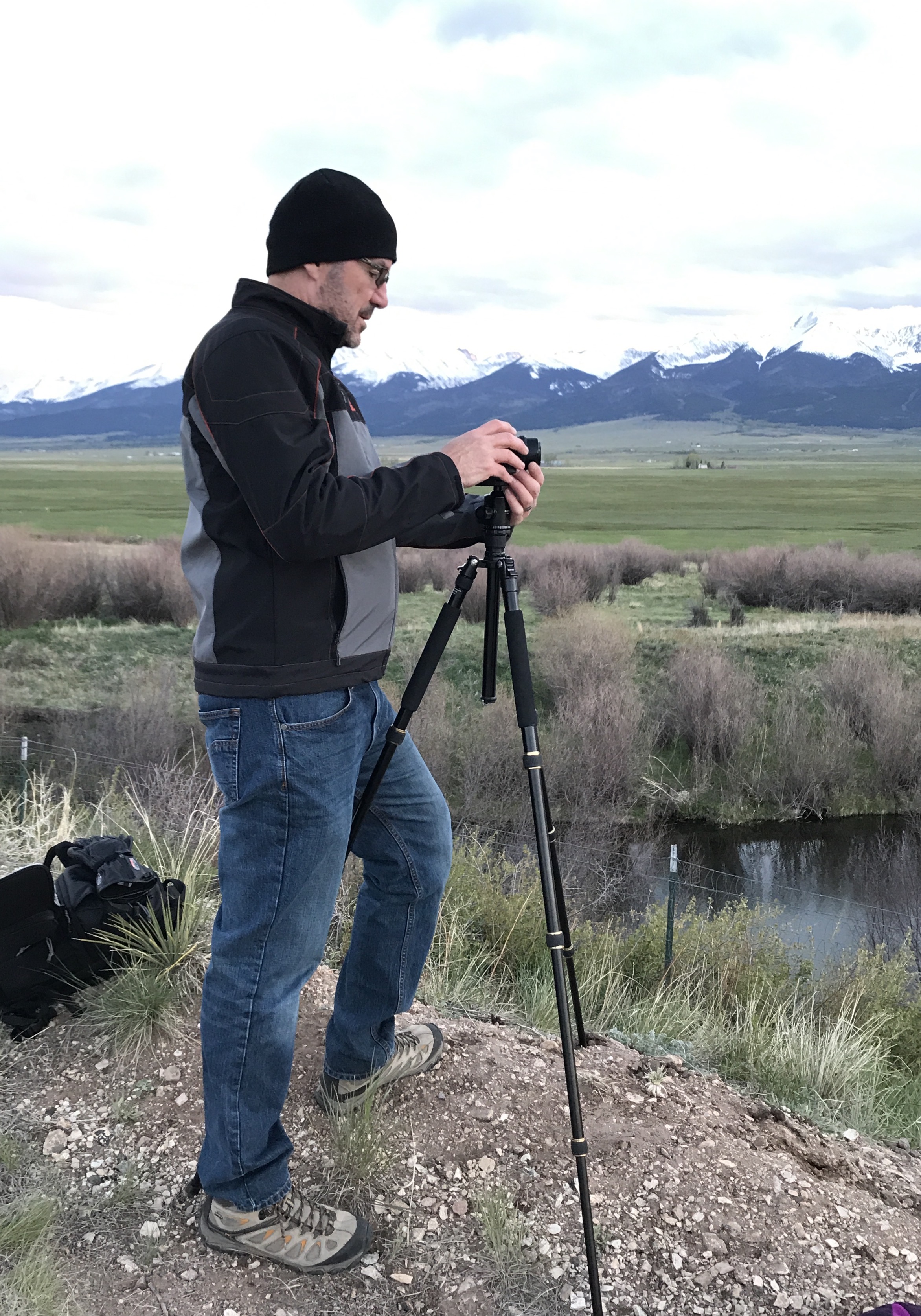My New Year’s Resolution And A Wish For You
- Chris Monnette

- Jan 5, 2025
- 2 min read
Updated: Oct 25, 2025

In my October 22 post I shared that I had started working on a new novel, Begin Again. Ninety days later the key characters in my story have come to life in my mind, and they are slowly making their way to the page. Unlike in my memoir, Seeing Clearly, where I knew the characters in real life, in my novel, I had to create them from thin air, or at least that’s what I thought I was doing.
With each iteration of the central characters in my novel I found that they became more and more familiar to me. My assumption was that the countless hours I spent on the task created the familiarity. It turns out that is only a part of the story.
As I get to know Cal and Nate, I get a strong sense of déjà vu. I know I have lived a portion of their lives, or is it that they are living a part of mine? They are both me, and yet neither is me. I also feel the presence of my brother in them, but neither of them are Mike, nor is the relationship between them the same as it was between my brother and me.
What I am realizing, as I tackle my own work of fiction, is that while a writer can create fantastical settings in the distant future, and lands with Hobbits or dragons, the writer’s life’s experience is what shapes the characters in their story. It is unavoidable for a writer, and it is unavoidable for all of us in life.
In The 7 Habits of Highly Effective People, Stephen Covey discusses paradigms as the mental maps or frameworks through which we perceive and interpret the world. He uses the analogy of "filtered glasses" to explain how our paradigms shape our reality—much like tinted or distorted lenses affect what we see. Covey emphasizes that our perceptions are not reality itself but rather our subjective interpretations of it.
My New Year’s Resolution, and my wish for you this year, is that, we do not lose sight of the fact that most of what rattles around in our brains are memories from our past or thoughts about our futures. There is far more substance to the novel on your bookshelf than there is to that thought about your past—it is nothing more than a collection of electrochemical reactions that happened between your ears.
Let’s recognize those thoughts for what they are, a good story, or a bad one. When we do allow them to capture our minds, lets not forget to “close the cover” and say, “What a story,” and then refocus on the only thing that is unquestionably truth, this moment, because it is only in this moment that we can even experience what came before or dream about what will come tomorrow.
In Ken Wilber’s book Finding Radical Wholeness, he shares that the word eternity actually means a moment without time, not and endless amount of time. I like that perspective, because it means that the only place we can experience true eternity is in this moment, and the next, and the one after that, but never in the future.




Comments